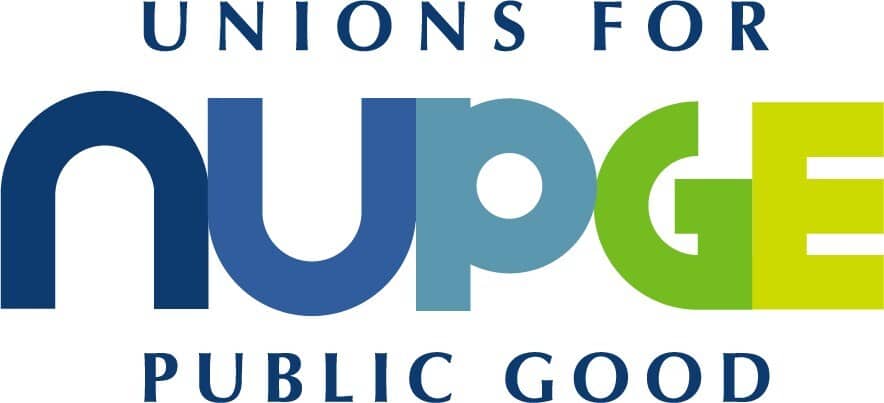Liberals deliver a Harper-style budget that cuts public services and leaves people behind

OTTAWA, ON, Nov. 4, 2025 /CNW/ – Today’s federal budget is one that Stephen Harper’s Conservative government would have been comfortable introducing. Nothing to fix the health care crisis, massive cuts to public services, with large corporations and the wealthy continuing to avoid paying their fair share in taxes.
“We’ll take the time to review the fine print, but the overall direction of this federal budget is already clear,” said Bert Blundon, President of the National Union of Public and General Employees (NUPGE). “This is not a budget that responds to the real pressures workers are facing, and it does nothing to strengthen the public services people count on in difficult times, such as the one we are currently in.”
Blundon pointed to health care, where a combination of staffing shortages and chronic underfunding have left Canada’s care system in crisis. He said fixing those problems requires leadership from the federal government.
“Instead of showing leadership, this budget leaves health care workers to continue shouldering the burden alone,” Blundon said. “Because of shortages in so many health professions, health care workers are making huge sacrifices. Yet, there is no national health human resource strategy and no additional funding in this budget to give them the relief they desperately need.”
Underfunding public services fails workers hit by Trump tariffs
The federal budget offers little support to the many workers across Canada who are facing deep uncertainty — from unstable jobs to global trade pressures. There’s still no expansion of pharmacare or dental care, leaving millions at risk of losing access to vital services if they lose their jobs.
There is also no additional funding for colleges and universities, despite calls for investments to rebuild public post-secondary education and training in communities across the country.
“NUPGE has urged the federal government to act now to help stabilize education and training with emergency funding as well as a dedicated transfer to ensure sustained long-term funding,” Blundon said.
Climate and wildfire response: funding equipment, not workers
Despite record wildfire seasons and previous announcements of a national wildfire training centre, Budget 2025 has almost nothing to say about wildland firefighters themselves. One notable measure funds the leasing of four aircraft to bolster provincial and territorial aerial firefighting capacity. But there is no investment in a permanent wildland firefighting workforce, no move to fix federal occupational classifications, and no new support for the people risking their lives on the front lines.
On climate, the budget sends worrying signals that the government is bending to pressure from industry and conservative politicians to backtrack on climate action. It entertains the possibility that an oil and gas emissions cap could eventually be cancelled, cuts funding to important areas like public transit, and takes steps to water-down efforts to curb corporate greenwashing, for example. There is no mention of measures to support a Just Transition for workers and communities, and little on climate adaptation beyond infrastructure and emergency-management investments.
“This government talks about climate competitiveness and building a clean economy, but there’s no serious plan in this budget for a just transition for workers,” Blundon said. “You can’t adapt to climate disasters with tax credits and leased planes alone.”
For Canadians who believe in fairness, Budget 2025 is a letdown. Low- and middle-income Canadians have made huge sacrifices since 2020, while the very wealthy have grown richer than ever. Yet there is virtually nothing in the federal budget to advance tax fairness and tackle income inequality. In fact, the government is even repealing its own luxury tax on private planes and mega-yachts.
The few modest measures proposed to close tax loopholes – expected to raise just $1.3 billion over five years – only highlight what could have been achieved if the government was serious about ensuring everyone pays their fair share. Without stronger action on tax fairness, the public services Canadians rely on will remain under threat.
There are some positive measures in today’s budget, including funding to improve clean water infrastructure on First Nations reserves, new commitments around the Canada Disability Benefit to reduce barriers to access, investments in youth jobs, and a partial restoration of funding for Women and Gender Equality (WAGE) initiatives.
“These are steps in the right direction,” Blundon noted, “but they fall far short of what’s needed to tackle inequities and growing crises facing workers and communities across Canada, particularly when we know that cuts to jobs and services will disproportionately hurt people from marginalized communities.”
SOURCE National Union of Public and General Employees


